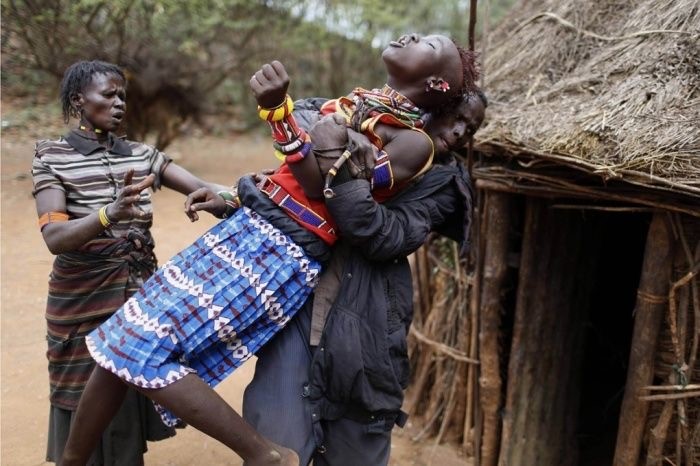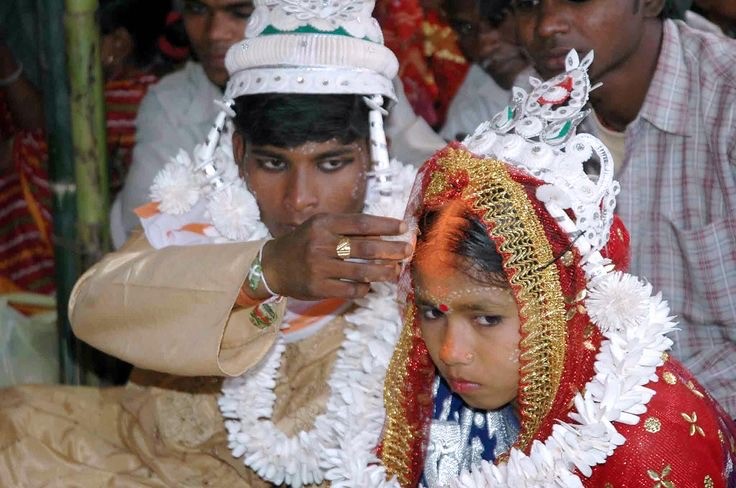Arranged marriages have long been a topic of fascination and debate, with opinions on this practice ranging from staunch support to vehement opposition. Is it a cherished cultural tradition or a form of coercion that denies individuals their autonomy and choice in matters of the heart? The answer, as with many complex issues, lies somewhere in the middle.
Arranged weddings have been an essential component of many societies for a very long time. They are viewed as a way to protect cultural norms, guarantee marital compatibility, and give newlyweds financial stability. Because arranged couples have a greater support network from their families when they enter matrimony, proponents of arranged weddings contend that this lowers the divorce rate. According to this perspective, arranged marriages are a cultural custom that upholds societal order and stability. It is important to recognise, though, that not all planned marriages are created equal. Individuals in these unions have a wide range of experiences; some are lucky to find love and connection, while others could feel stuck in a relationship they did not want. This is where the argument over forced weddings in arranged marriages starts to take shape.

Any circumstance where a person’s autonomy is restricted carries a risk of coercion, and planned weddings are no different. The distinction between compulsion and tradition can be difficult to draw, particularly in communities where social and familial influences are strong. It’s critical to distinguish between arranged unions that are consummated with agreement from those that are forced upon parties against their will. The crux of the issue lies in the need for consent and choice in a marriage, whether arranged or not. Cultural traditions should not come at the expense of individual freedom. Consent is the key to distinguishing a consensual arranged marriage from a coercive one. In a healthy arranged marriage, both parties willingly participate and have the right to refuse the match. It’s when this choice is denied or overruled that the practice leans toward coercion.
It is also critical to take gender dynamics into account while analysing planned weddings. Given cultural expectations, women are frequently subjected to pressure and have less options in many societies. It can be challenging to escape these restrictions; therefore it is important to address this portion of planned weddings in order to give people—especially women—the freedoms they rightfully deserve. The issues surrounding compulsion in planned marriages must be addressed, and empowerment and education are key components of this strategy. This problem can be lessened by promoting candid communication, increasing public understanding of individual rights, and setting up support networks for people who are subjected to compulsion. While guaranteeing the protection of fundamental human rights, it is crucial to appreciate and comprehend the subtleties of other cultural customs.

The debate surrounding arranged marriages as either cultural tradition or coercion is a complex one. While arranged marriages can be a cultural tradition that fosters stability and support, they can also become coercive and limit individual autonomy when consent is denied. The key is to strike a balance where cultural practices are respected, but individuals have the freedom to make their choices. Arranged marriages, when entered into willingly by both parties, can be a beautiful way to celebrate tradition and love. However, when they become a tool for coercion, society must take a stand to protect the rights and choices of individuals. The goal should be to evolve these traditions, ensuring that love, respect, and consent remain at the core of any marriage, arranged or otherwise.
Sources




